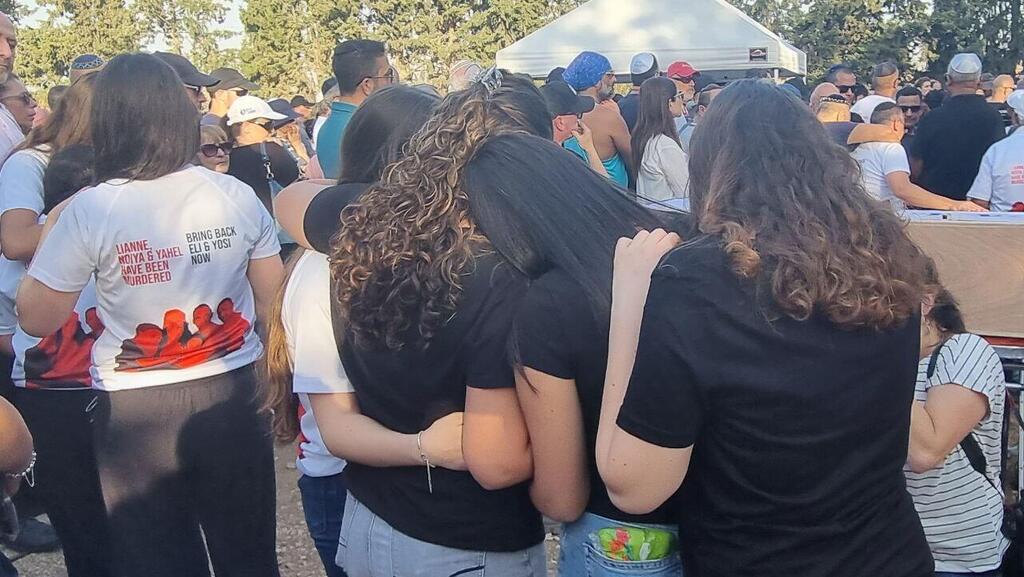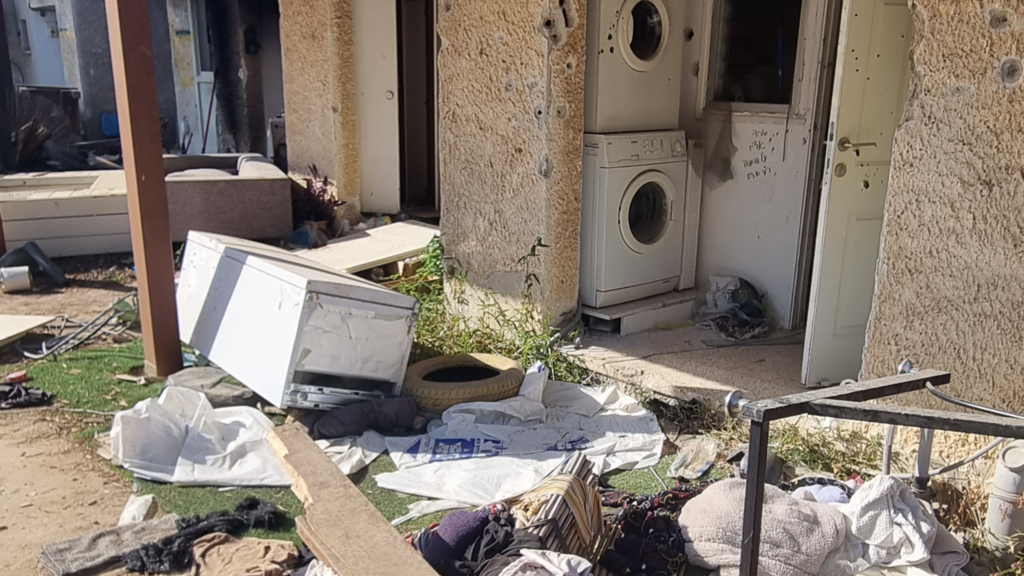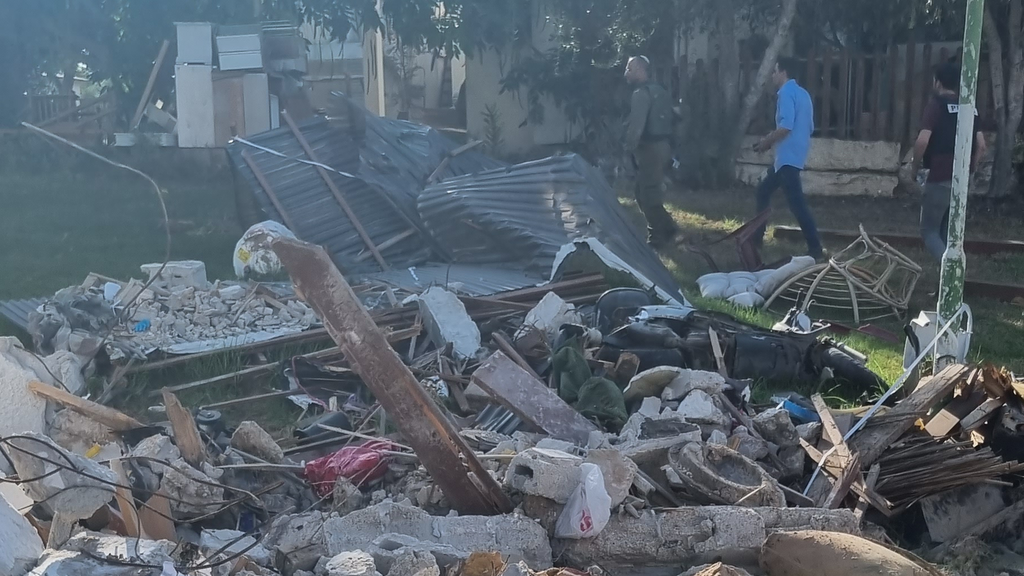While residents of Israeli communities close to the Gaza border are still trying to digest the tragedy and mourn the many losses, no one is certain whether families who survived the massacre on October 7 will ever return to their homes and continue to live in southern Israel.
More stories:
In addition to addressing the needs of residents who've become refugees, local municipalities in the south are looking for ways to encourage families to return. Settlements near the Gaza border are preparing for a wave of people deciding to leave the area after the war.
Shortly after October 7, some families have announced they have no intention of returning to settlements in the south, instead looking to move away somewhere far from the Gaza border. "Our sense of security is lost; we can't trust anyone to protect us," residents said.
Hamas’ attack isn’t just another round of fighting, the same as Israelis living near the border have experienced in the past 20 years. This was a catastrophic event, with local communities and kibbutzim turning to scenes of murder, and the harrowing images won’t allow rest for the residents, and especially children, who experienced them.
Families have been butchered, children left orphaned, and young parents have lost their children. Every child living close to the border knows someone close to them who has been killed or abducted, often several people.
Students in schools in these settlements have lost friends, even multiple classmates, and in recent weeks, they find themselves attending funerals and mourning almost daily.
The rehabilitating process of these communities will be lengthy and is likely to take several years. Some families won’t be able to return to their homes that were burned down, and it will take many months to rebuild them. The same goes for infrastructure. At the same time, there’s a great deal of uncertainty as to whether families who lost their loved ones inside their homes will ever return to them.
Even families that survived the horrors and whose homes weren’t damaged will struggle to return to normal life alongside the trauma and memories. "Children saw the bodies of their friends lying in the yards where they used to play every afternoon, how can they go back there as if nothing happened," said a resident of Kibbutz Kfar Aza.
Regional councils in southern Israel and Sderot are aware of the growing sentiment and fear many will abandon these cities. Their messages are being conveyed to the government and rehabilitation directorate, which will be in charge of presenting a plan to restore communities in southern Israel following the horrible massacre.
Heads of local municipalities are making themselves clear about one thing: families won’t return to live in areas close to the Gaza border as long as Hamas controls the Strip. This is a fundamental point which is widely agreed on. However, they also emphasize that the rehabilitation of these communities is a national mission.
"Israel needs to understand the gravity of the situation and the extent of this danger," said one regional council head. "The government should of the areas close to the Gaza border as if it's establishing the country from nothing, like in 1948. To re-embrace the concepts that accompanied the founders of this state.”
"I'm not just talking about economic benefits that are already being given, but something broader and long-term. This is a national mission that begins right now, alongside the fight against Hamas. It’s clear to us that there will be families that won't return to their homes. The woundis significant, and healing it will take many long years."






